Both Labour and Conservatives face significant challenges as the Green Party’s growing support, especially among younger voters, threatens to impact critical marginal seats in the upcoming general election. Here’s the full story.
Significant Strides
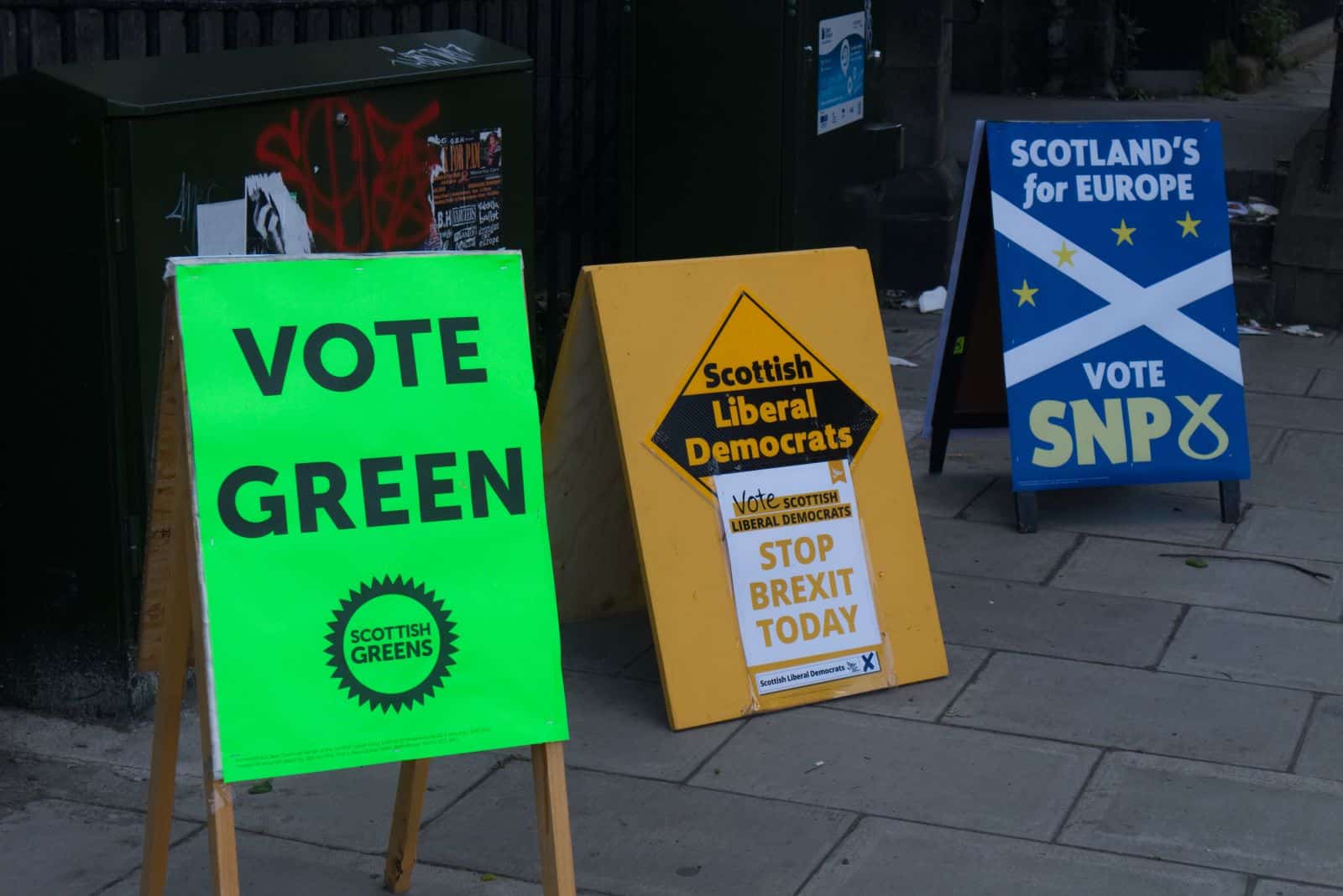
The Green Party is making significant strides in British politics, positioning itself as an unashamedly progressive party which could take votes away from Labour and, surprisingly, the Conservatives.
Targeting Marginal Seats
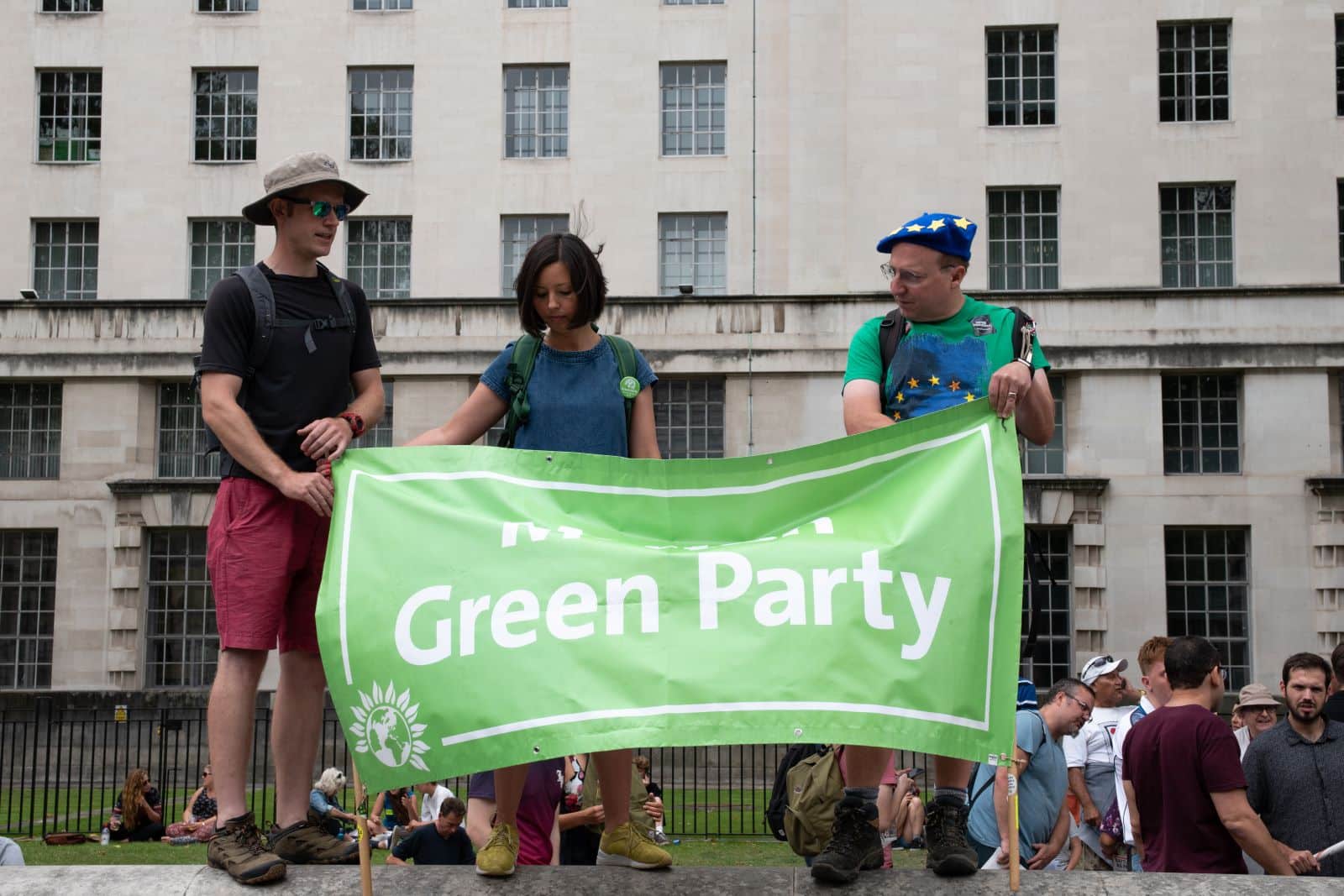
A recent surge in support for the Greens has been noted in polling of key marginal seats where the party is actively and aggressively targeting voters disillusioned with the main parties.
Youth Appeal

The same polls also indicate that the Greens are resonating most strongly with younger voters, who are increasingly worried about the impact the ongoing climate catastrophe will have on their futures.
Dissatisfied Labour Voters

The Green Party’s strategy for taking votes from Labour involves appealing to voters dissatisfied with Labour’s moderate stance, especially regarding climate change, as Labour infamously watered down their £28 billion climate policy to the anger of many environmentalists.
A Complicated Landscape

James Crouch, head of policy and public affairs research at Opinium, told the Guardian, “The landscape of the left of centre is more complicated now – voters who might have looked to the Liberal Democrats for an alternative to the two main parties now have the Greens as well.”
Local Election Losses

This dissatisfaction was evident in May’s local elections, where Labour lost seats to the Greens in several areas, including Bristol, Stroud, and Newcastle.
Environmental and International Issues

Many of these losses were attributed to Labour’s perceived lack of ambition on environmental policies and its stance on international issues, particularly the war in Gaza, which has disillusioned many of the party’s Muslim voters.
Conservatives Feel the Pressure
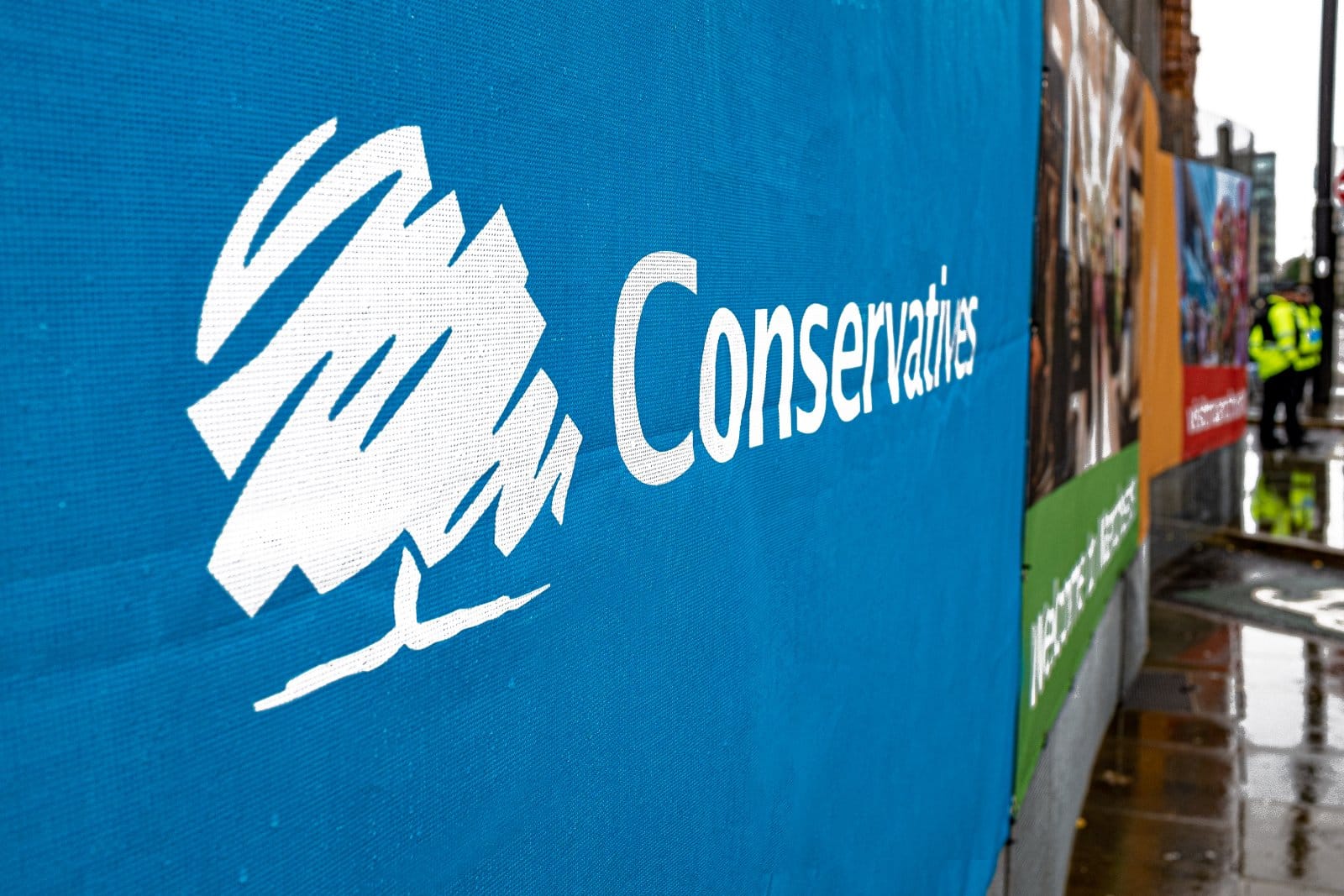
Labour is not alone in feeling the Green squeeze, however. The Conservative Party is also feeling the pressure from the Green party’s ascendancy, particularly among voters under 50.
Worrying YouGov Poll

A recent YouGov poll revealed that the Conservatives are now the third preference for this massive age category, trailing behind Labour in first place and the Greens in second.
Grey Vote Strategy

This shift is attributed chiefly to Conservative policies tailored toward the so-called “grey vote,” pensioners and other older voters, such as the “Triple Lock Plus” pensions scheme and the reintroduction of national service.
Polling Figures

The poll indicated a 27-point gap between Labour and the Conservatives, with the Greens capturing 12% of the under-50 vote, surpassing the Conservatives’ 8%.
Key Constituencies
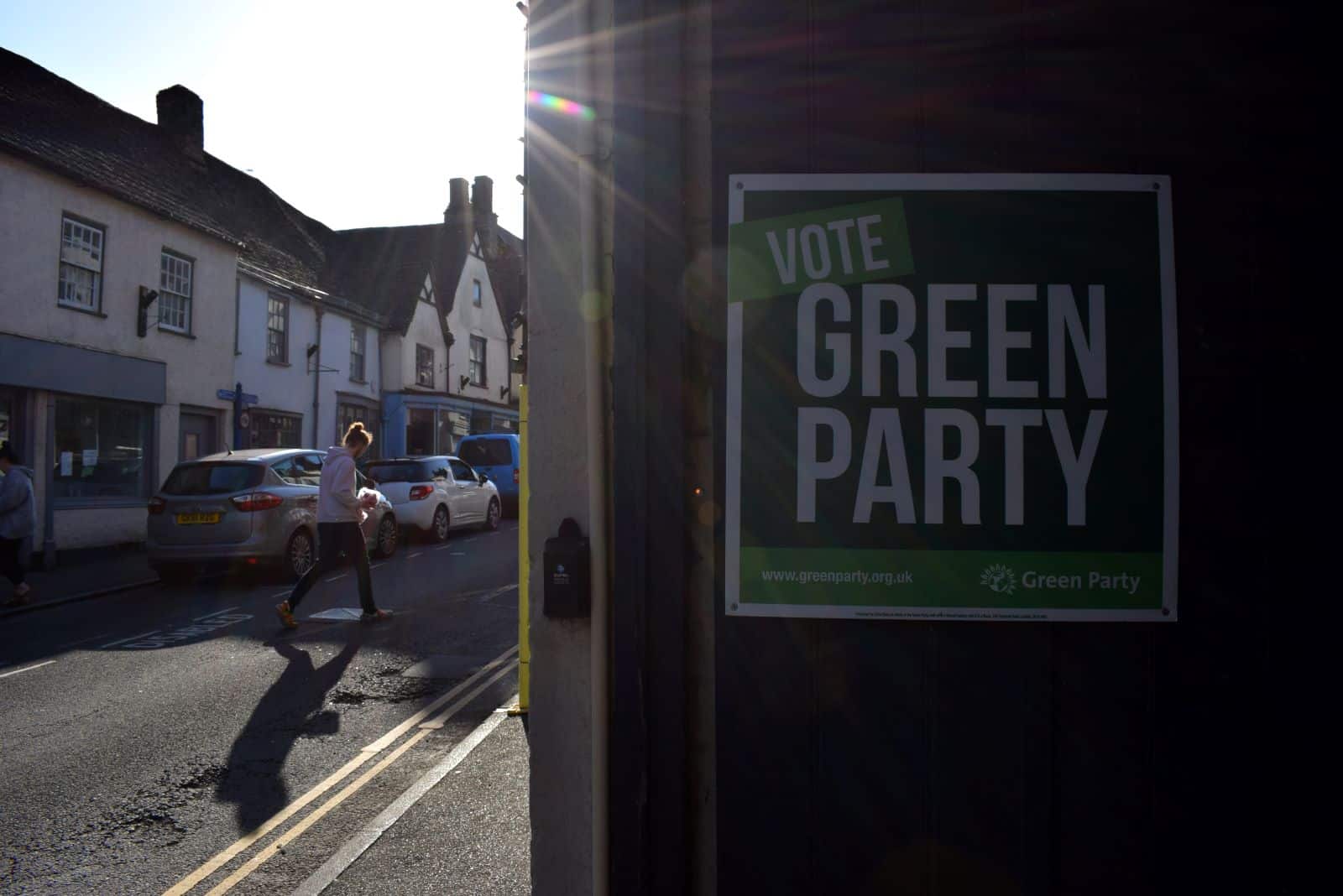
The Green Party strategically focuses on four key constituencies where it believes it has the best chance of winning: Brighton Pavilion, Bristol Central, Waveney Valley, and North Herefordshire.
Brighton Pavilion
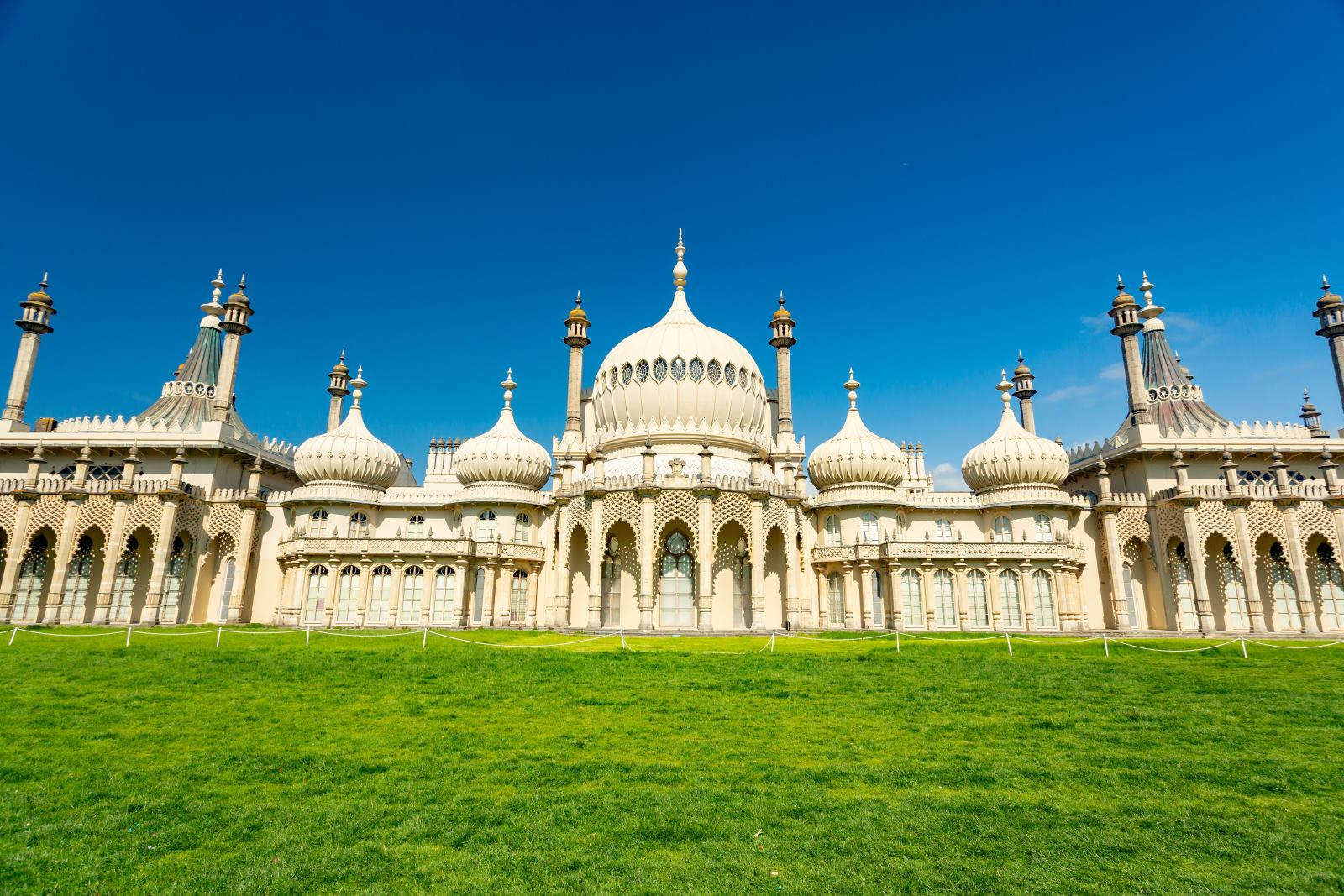
Brighton Pavilion has been held by outgoing Green MP Caroline Lucas since 2010, and the party aims to retain this seat and possibly send a second Green MP to Parliament.
Bristol Central
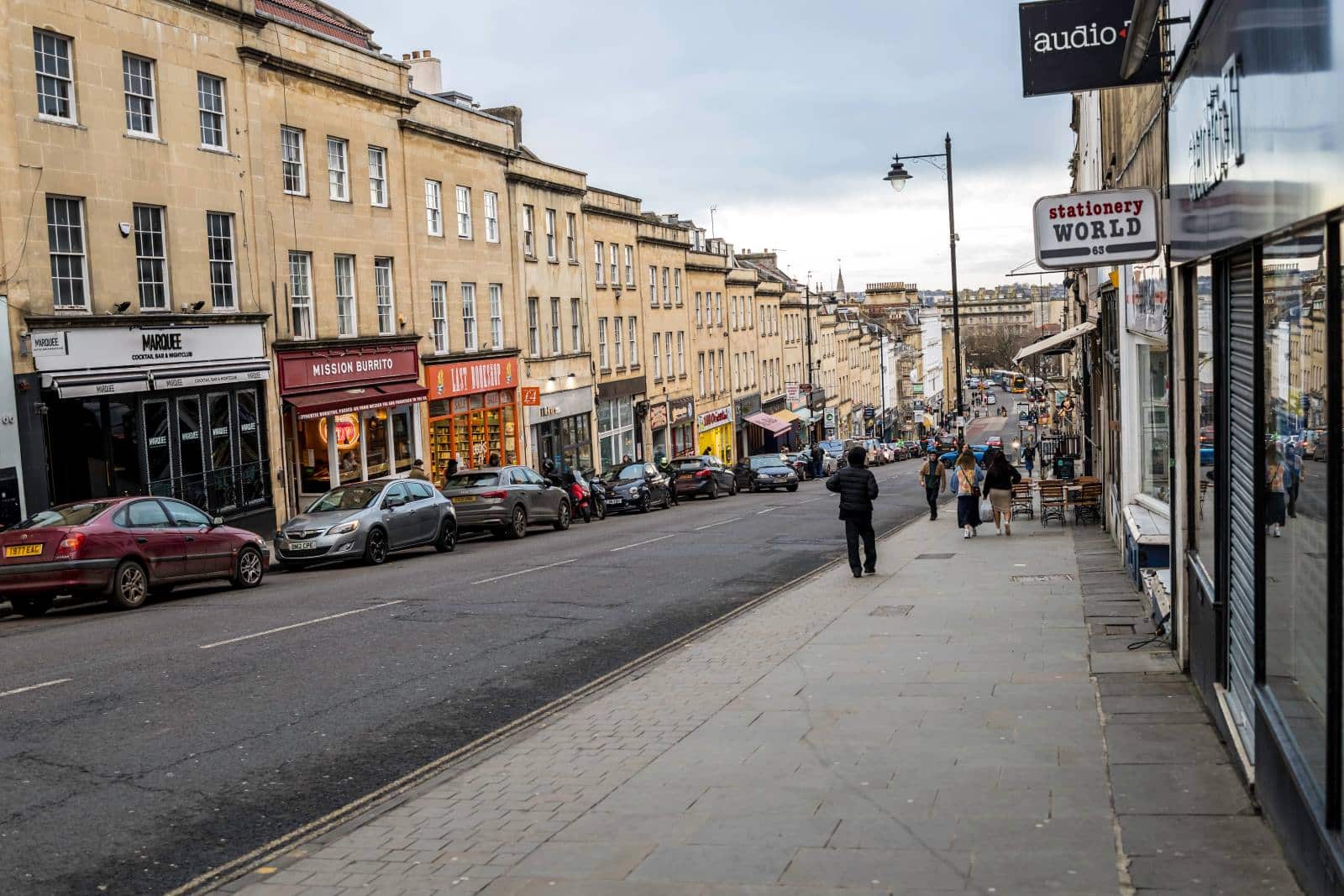
In Bristol Central, Green Party co-leader Carla Denyer is contesting the newly created seat, hoping to capitalise on local support for environmental issues.
Waveney Valley
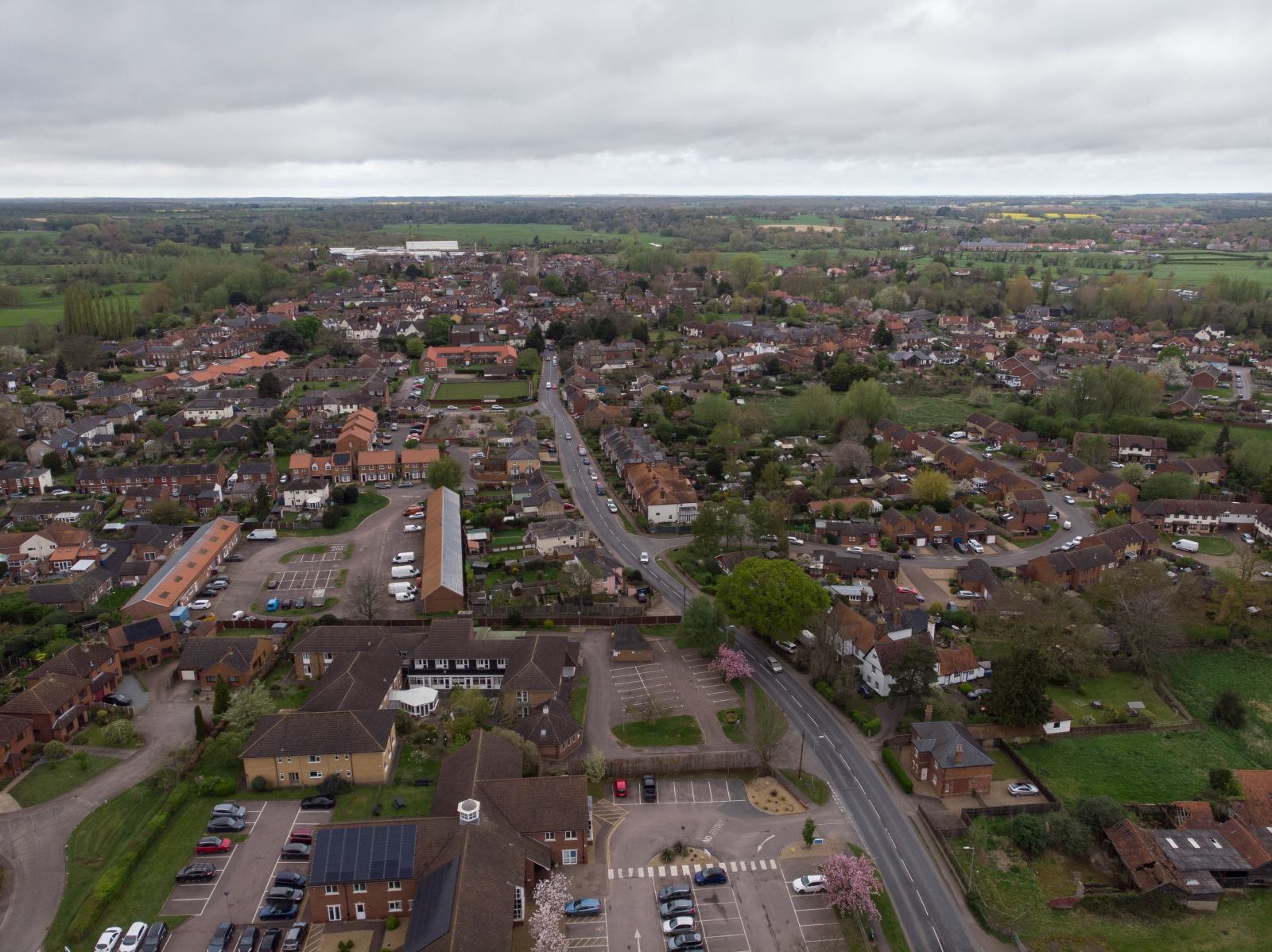
Similarly, co-leader Adrian Ramsay is standing in Waveney Valley, a new constituency straddling Norfolk and Suffolk.
Potential Election Impact

The potential impact of the Green Party on the upcoming general election is significant, particularly in marginal constituencies.
Labour’s Debate
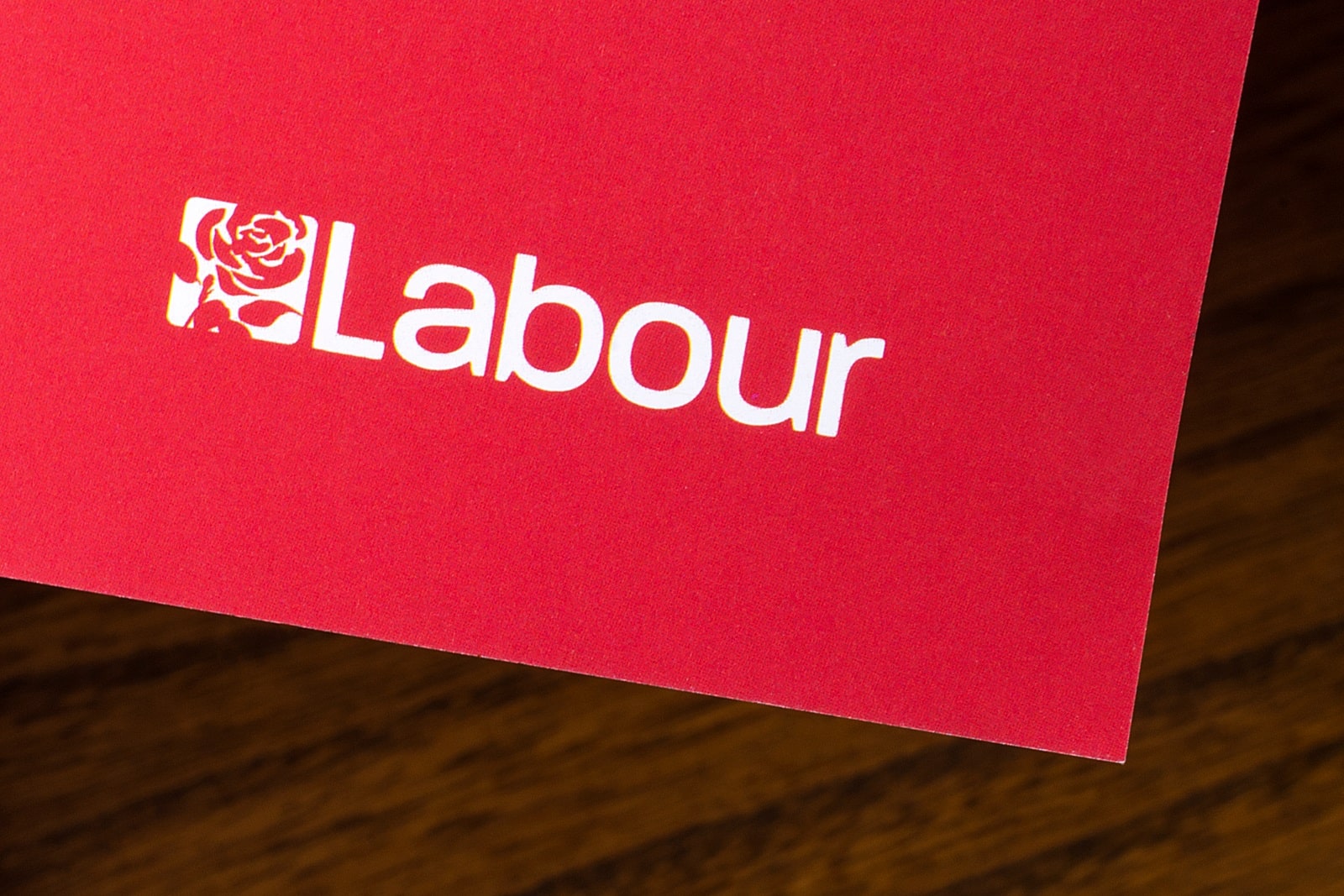
Within Labour, there is a growing debate about addressing the Green Party’s challenge, with some local Labour parties suggesting that the Greens should refrain from standing candidates in certain areas to avoid splitting the left-wing vote.
Green Party’s Stance
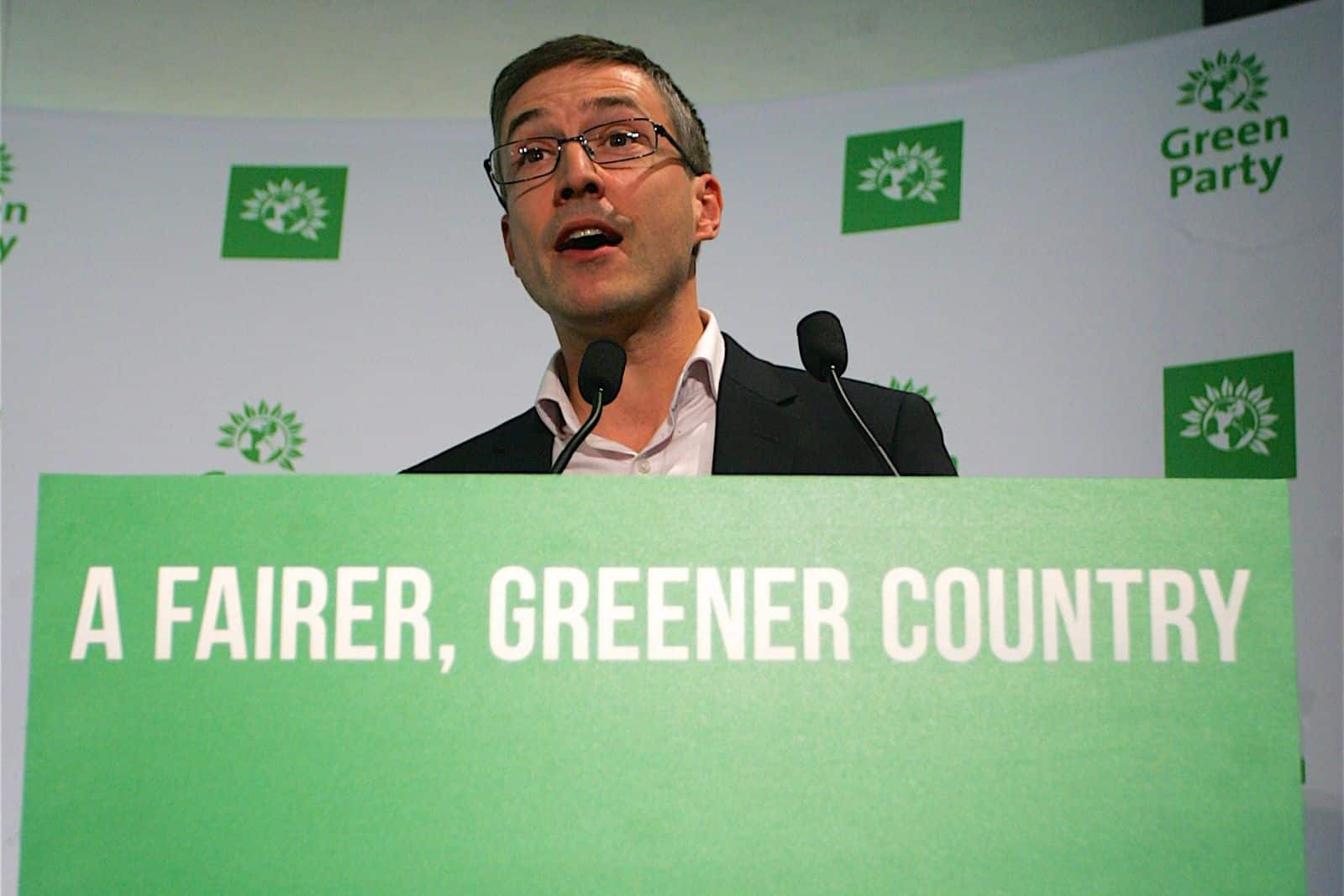
This suggestion has not been well received by Green Party members, who argue that their voters are making a conscious choice and should not be dismissed.
Concentration of Support

Anthony Wells, head of political polling at YouGov, noted, “The biggest gain in support [for the Greens] is from people unhappy with Labour moving to more centrist ground, and unhappy about Gaza. But these people are more concentrated in seats that Labour is likely to hold quite comfortably, in areas such as London and major cities.”
Conservative Woes
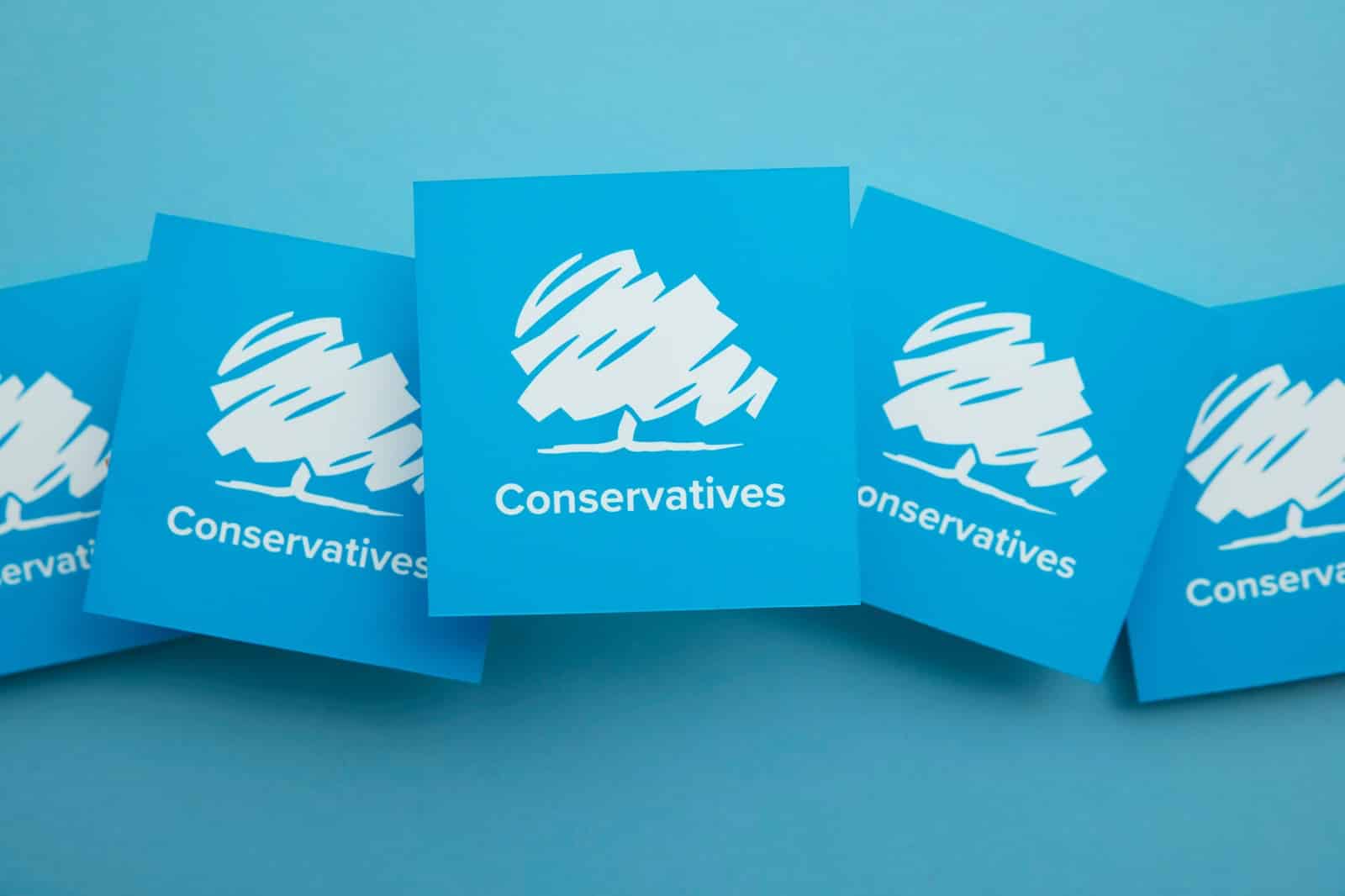
For the Conservatives, the rise of the Green Party among younger voters adds to their electoral woes as they contend with Reform UK’s growing popularity.
Fragmentation of the Right

The YouGov poll indicated that only 36% of 2019 Conservative voters would stick with the party if a vote were held tomorrow, with 19% switching to Reform and 14% to Labour.
Reshaping the Political Landscape
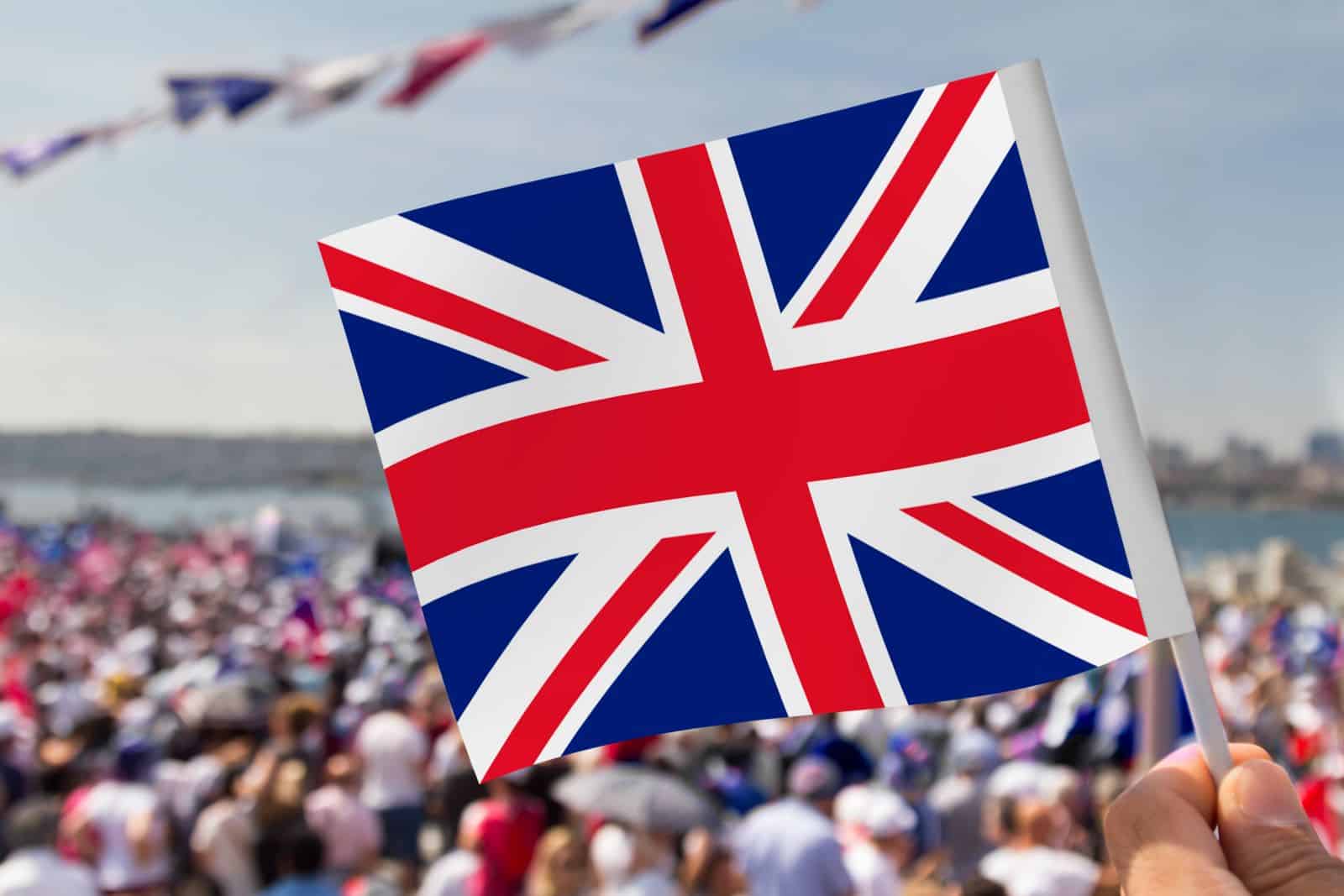
The Green Party’s surge in popularity is reshaping the political landscape in the UK, posing significant challenges to both Labour and the Conservatives.
Influence in Key Marginals

As the Greens continue to attract disenchanted voters from both main parties, it remains to be seen if their influence in key marginal seats will play a crucial role in the outcome of the next general election.
The post Poll Shows Green Party Gains, Causing Concern for Labour and Tories first appeared on Swift Feed.
Featured Image Credit: Shutterstock / Jun Huang.

